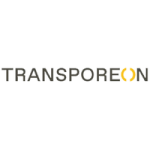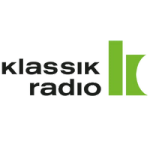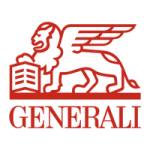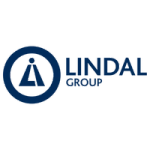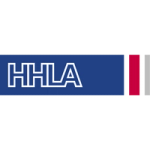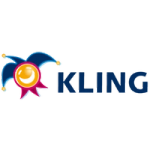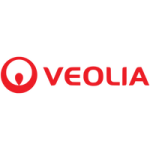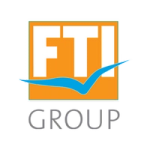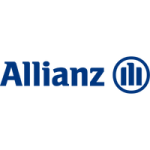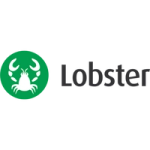ISO 27001 Certification Costs: What’s Realistic?
For small businesses, costs typically start between €10,000 and €20,000, while larger organizations should expect €50,000 or more.
Certification costs depend on company size, existing security measures, and the selected certification body. Beyond direct audit expenses, additional costs arise for internal preparations, external consulting, and ongoing improvements.
But what specifically influences these costs? What hidden expenses should you expect? This guide covers all essential factors to help you plan your ISO 27001 certification realistically.
1. Factors Influencing ISO 27001 Certification Costs
1.1 Company Size and Complexity
The larger your organization and the more complex your IT infrastructure, the higher the effort required. This includes:
- Number of locations
- Number of employees
- Scope of IT systems and processes
- Cloud vs. on-premises infrastructure
1.2 Preparation and Internal Efforts
Certification requires a functioning Information Security Management System (ISMS). Internal efforts include:
- Implementation time (typically 3–12 months)
- Employee training for compliance
- Internal audits to verify adherence
1.3 External Consultants and Tools
Many companies seek external support for quicker and error-free implementation. Typical costs:
- ISO 27001 consultants: €5,000–€30,000, depending on support level
- ISMS software: €2,000–€10,000 annually
1.4 Certification Audit
The largest individual expense is the actual certification audit by an accredited body. Prices vary based on:
- Company size and industry
- Number of audit days required
- Certification body (prices vary)
Typical audit costs: €5,000–€15,000 for initial certification, followed by annual surveillance audits.
2. Major Hidden Costs of ISO 27001 Certification
2.1 Underestimated Internal Resources
Many companies underestimate internal time commitments. Without clear responsibilities and structured processes, delays occur, increasing overall costs.
2.2 Corrections and Remediation
If critical deviations are found during the first audit, corrective actions must be taken, incurring additional expenses.
2.3 Ongoing Recertification Costs
Certification is not a one-time event. Annual surveillance audits and recertification every three years (typically about one-third of the initial audit's scope) incur recurring costs.
3. Practical Examples: Real-World ISO 27001 Certification Costs
Example 1: SaaS Startup with 25 Employees
A typical scenario for a modern SaaS startup:
- 100% cloud-based (AWS)
- Standard tools (Personio, Jira, Confluence, GitHub, Slack, Google Workspace)
- 25 employees
- Single physical location
Cost breakdown using automation and API integrations:
- GAP assessment & planning: ~€1,500
- ISMS implementation & internal audit: ~€15,000
- External audit (stages 1 & 2): ~€7,500
- Total costs: approximately €24,000
Example 2: Medium-sized Company with 250 Employees
A more mature company with complex infrastructure:
- Hybrid on-premises & cloud environment
- Internal IT department with custom processes
- Multiple physical locations
- Compliance requirements from regulated industries
Cost breakdown:
- GAP assessment & strategy planning: ~€5,000
- ISMS implementation & internal audit: ~€50,000
- Training & awareness: ~€15,000
- External audit (stages 1 & 2): ~€15,000
- Total costs: approximately €85,000
4. How to Optimize Costs
- Early planning and clear processes: Structured gap analysis to identify vulnerabilities early
- Realistic project planning: Clearly define internal responsibilities
- Use automation: ISMS software significantly reduces documentation efforts
- Utilize templates and best practices: Efficiently establish processes
- Engage experienced consultants: Saves time, prevents errors, and avoids costly corrections
5. Conclusion: Realistic ISO 27001 Certification Costs and Next Steps
Need support implementing your ISO 27001 project? ISO 27001 projects can be complex, especially when identifying the right controls, optimizing processes, and efficiently meeting compliance requirements.
Our approach enables quick, structured implementation with 70% less manual effort - from gap analysis and risk management to certification readiness. Learn how to complete your ISO 27001 project in just 3–6 months:
Read About Our Experience With ISO 27001 Certification Costs: What’s Realistic?
Press ReleaseLearn more
PCG announces change in financial leadership: Hüseyin Tastan appointed as new Chief Financial Officer (CFO)
Public Cloud Group (PCG) today announced a change in its financial leadership. After several successful years as Chief Financial Officer (CFO), Stephan Pawlowski will hand over his operational responsibilities.
Case StudyLearn more
Scaling Smarter: How StiQ Modernised on AWS with PCG
A case study detailing how StiQ modernised its digital infrastructure with PCG and AWS, achieving scalable performance, stronger security, and data-driven insight through cloud migration and integration.
ArticleLearn more
What is SAP Business Data Cloud (BDC)?
Access to a single, trusted database is crucial for making informed business decisions. SAP BTP offers a solution for precisely these use cases: the SAP Business Data Cloud (BDC).
ArticleLearn more
The SAP Integration Suite as the strategic successor to PI/PO
System integration is often the biggest bottleneck in digital transformation. The SAP Integration Suite is the answer to “integration chaos.” It enables smooth, secure, and future-proof data exchange.





































